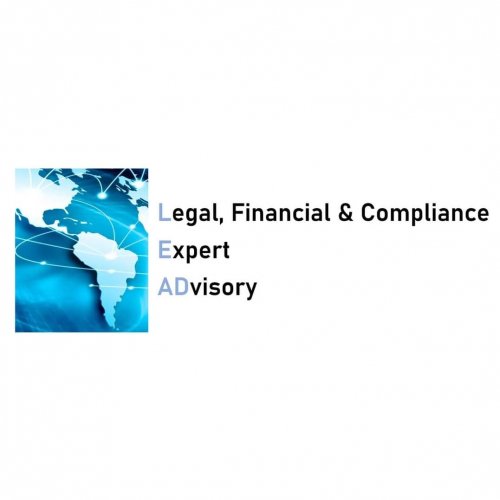Best Appeal Lawyers in Quito
Share your needs with us, get contacted by law firms.
Free. Takes 2 min.
List of the best lawyers in Quito, Ecuador
About Appeal Law in Quito, Ecuador
Appeal law in Quito, Ecuador, involves the legal process by which a higher court is asked to review the decision of a lower court. The purpose of an appeal is to ensure that justice is served by correcting any errors that may have occurred during the trial or initial judgment. In the Ecuadorian legal system, appeals provide a critical mechanism for parties to ensure the fairness and accuracy of judicial outcomes.
Why You May Need a Lawyer
Engaging a lawyer experienced in appeals may be necessary in several situations. Common reasons include the belief that a legal error occurred during your trial, dissatisfaction with the decision reached, or new evidence coming to light that could significantly impact the outcome. A lawyer can also help navigate complex procedural rules and present arguments effectively to a higher court.
Local Laws Overview
In Quito, appeal procedures are governed by the Ecuadorian Code of Civil Procedure and the Organic Code of the Judiciary. Key aspects include strict deadlines for filing notices of appeal, specific grounds that must be clearly established, and procedural requirements for presenting briefs and evidence. Understanding these local legal nuances is crucial for a successful appeal.
Frequently Asked Questions
What is the time limit to file an appeal in Quito?
Generally, you have 15 to 30 days from the notification of the judgment to file an appeal, depending on the type of case.
Can any judgment be appealed?
Not all judgments can be appealed. Appeals are typically limited to final judgments and significant interim orders.
What are common grounds for appeal?
Common grounds include errors of law, procedural mistakes, or new evidence that could not have been presented earlier.
How do I initiate an appeal?
To initiate an appeal, a notice of appeal must be filed with the court that issued the original judgment.
Who hears appeals in Quito?
Appeals are usually heard by appellate courts, with cases from lower courts being reviewed by the provincial court or higher authorities, depending on the case's complexity and nature.
Do I need new evidence for an appeal?
Typically, appeals focus on legal errors in the trial process, rather than the presentation of new evidence, unless it's newly discovered evidence.
What happens if I win the appeal?
If you win, the appellate court may reverse the lower court's decision, order a new trial, or modify the judgment.
How long do appeal processes usually take?
The timeline varies, but appeals can take several months to over a year, depending on the complexity of the case.
What are the costs involved in appealing?
Costs can include court fees, attorney fees, and costs for preparing transcripts and documents, making it potentially expensive.
Can I represent myself in an appeal?
While self-representation is legal, hiring a skilled lawyer is advisable due to the complexities involved in appellate procedures.
Additional Resources
For further assistance, you can refer to the following resources:
- The Ecuadorian Judiciary Council, which oversees judicial processes and can provide guidance on procedural matters.
- The Quito Bar Association, offering support and resources for finding legal representatives specialized in appeals.
- The Ministry of Justice, which can offer general information and support related to legal rights in Ecuador.
Next Steps
If you believe you have grounds for an appeal, consider consulting with a lawyer specializing in appeal cases. Prepare any documents related to your case and gather evidence supporting your grounds for appeal. Ensure you file your appeal within the legal deadlines to avoid dismissal. Remember, a thorough understanding of your appeal rights and procedures is crucial for a successful legal outcome.
Lawzana helps you find the best lawyers and law firms in Quito through a curated and pre-screened list of qualified legal professionals. Our platform offers rankings and detailed profiles of attorneys and law firms, allowing you to compare based on practice areas, including Appeal, experience, and client feedback.
Each profile includes a description of the firm's areas of practice, client reviews, team members and partners, year of establishment, spoken languages, office locations, contact information, social media presence, and any published articles or resources. Most firms on our platform speak English and are experienced in both local and international legal matters.
Get a quote from top-rated law firms in Quito, Ecuador — quickly, securely, and without unnecessary hassle.
Disclaimer:
The information provided on this page is for general informational purposes only and does not constitute legal advice. While we strive to ensure the accuracy and relevance of the content, legal information may change over time, and interpretations of the law can vary. You should always consult with a qualified legal professional for advice specific to your situation.
We disclaim all liability for actions taken or not taken based on the content of this page. If you believe any information is incorrect or outdated, please contact us, and we will review and update it where appropriate.










